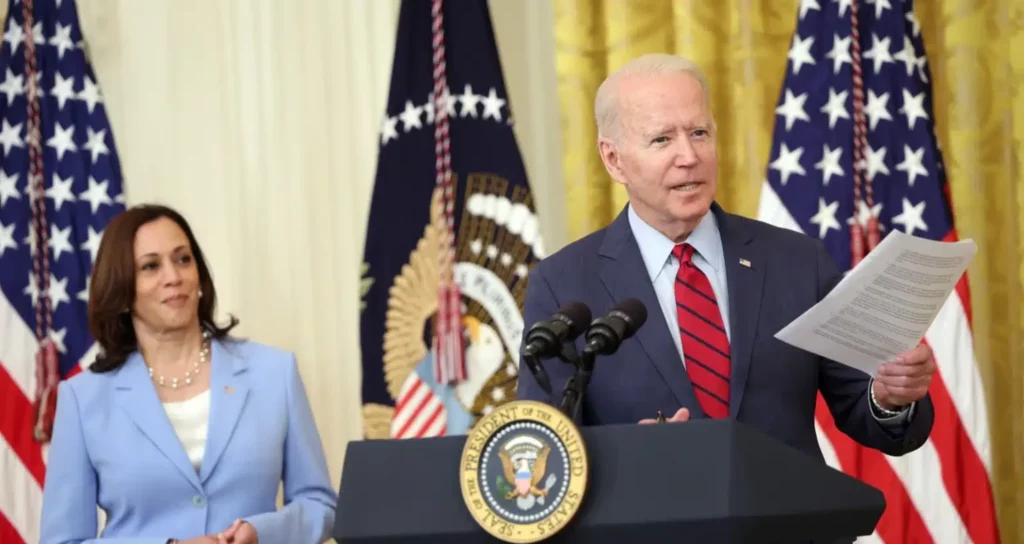
The political arena has always been a stage for intense debates, rivalries, and comparisons. As the 2024 Presidential Election approaches, a fresh debate has emerged, not centered on policies, achievements, or visions, but on a more personal aspect: age. The spotlight is firmly on President Joe Biden, with comparisons being drawn to former President Donald Trump. The question that looms large is: How significant is age in determining the effectiveness of a leader?
A recent poll has brought this debate to the forefront of political discussions. The findings are both intriguing and telling. Over 75% of Americans expressed concerns about President Biden’s age potentially affecting his effectiveness if he were to secure a second term. This sentiment was not limited to one political faction; both Republicans and Democrats voiced similar concerns.
But why has age become such a focal point in this election cycle?
The role of the President of the United States, undoubtedly one of the most demanding leadership positions globally, requires a delicate balance of experience and energy. In an era marked by rapid technological advancements, global challenges, and unforeseen crises like the COVID-19 pandemic, the leader at the helm must possess the wisdom to make informed decisions and the vitality to respond swiftly and effectively.
The media, with its relentless scrutiny, plays a pivotal role in shaping public perceptions. In today’s interconnected world, every speech, gesture, or perceived misstep is magnified and dissected. Any sign of fatigue or indecision can quickly become a narrative, influencing public opinion.
Interestingly, when the poll drew comparisons between President Biden and former President Trump, the age-related concerns were more pronounced for Biden, despite their close age difference. This disparity could be attributed to their differing public personas, media portrayals, or the nature of challenges each faced during their presidencies.
Beyond the presidency, the age debate is gaining traction in other areas of governance. The poll indicated a growing desire among Americans for age restrictions in various political roles, suggesting a broader shift in public opinion. This sentiment underscores the evolving expectations of Americans, who seek leaders capable of navigating the complexities of the modern world while bringing the wisdom of experience.
So, what implications does this have for the 2024 Presidential Election?
For the Democratic party, this age debate presents a unique challenge. While they must address these concerns head-on, they also have an opportunity to pivot the narrative. The party can emphasize Biden’s achievements, his vision for the future, and the collective wisdom and experience he brings to the table. They will need to craft a narrative that showcases age as an asset, a repository of experience, rather than a potential limitation.
In conclusion, as the 2024 election season heats up, the age debate promises to be a significant theme. While age brings with it a wealth of experience, the demands of modern leadership require leaders to be agile, responsive, and in tune with the rapidly evolving global landscape. The Democratic party, and indeed Biden himself, will need to address this issue astutely, ensuring that the age debate complements, rather than overshadows, the broader election narrative.
Source Conservative brief
